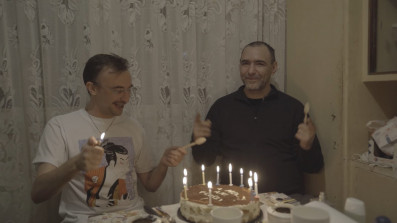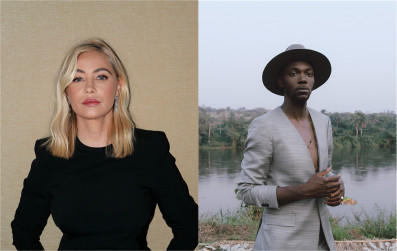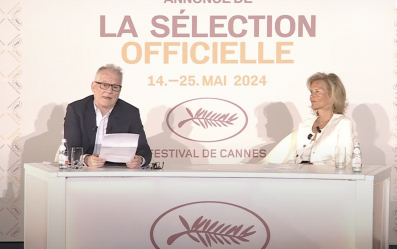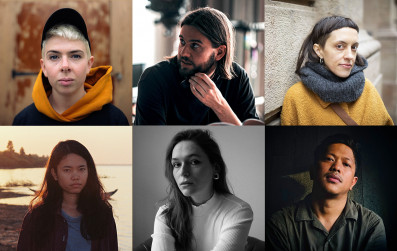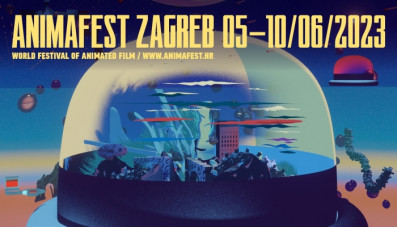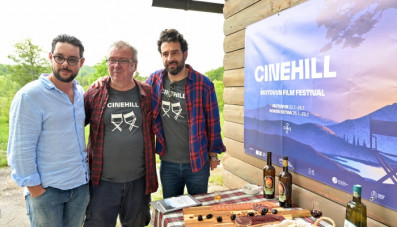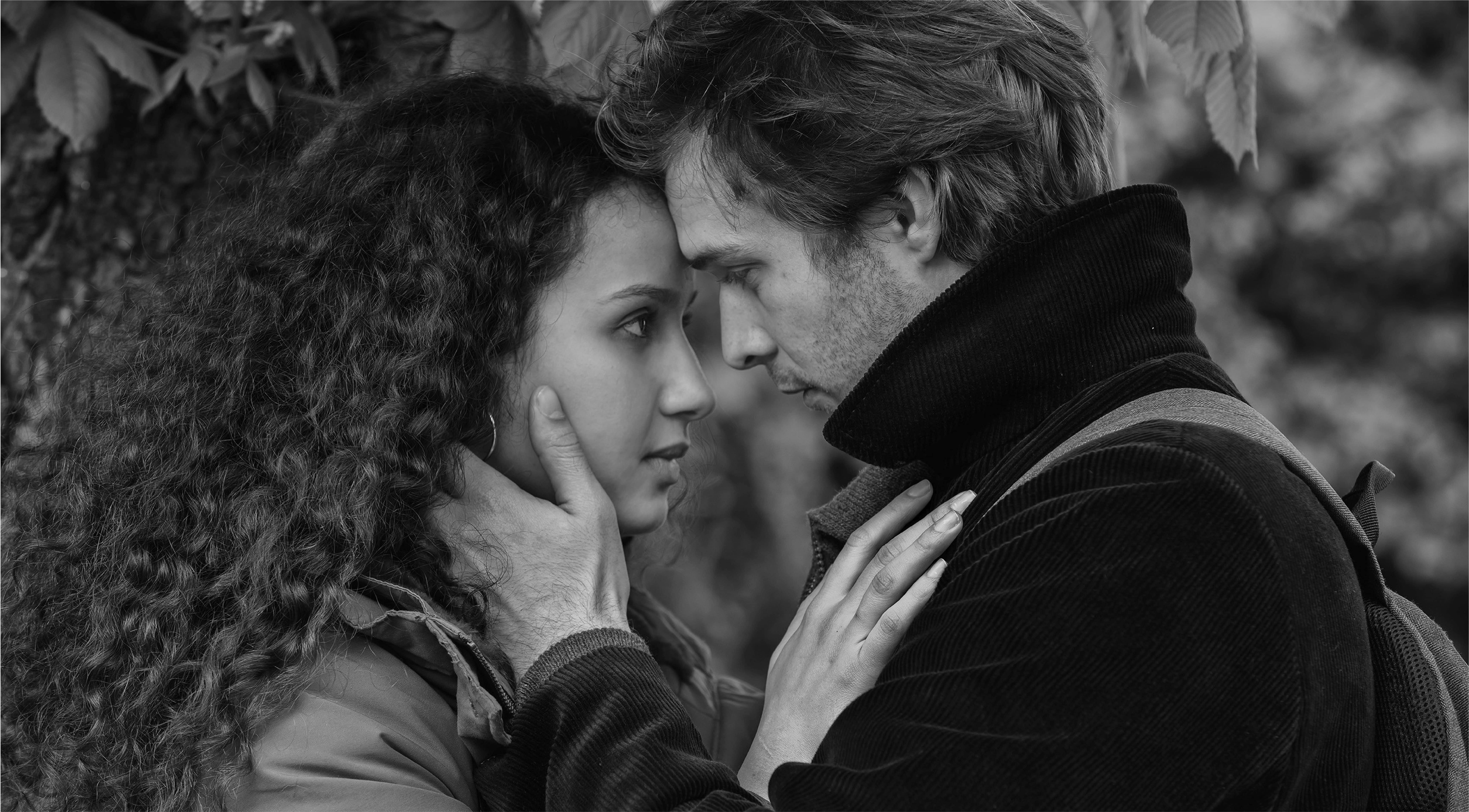
BERLINALE SPECIAL Day 3: Premiere of Srđan Golubović's "Father" and serene competition entries "First Cow" and " The Salt of Tears"
Does the Berlinale Panorama have better entries than Competition Programme?
Day three of Berlinale brought us two more new entries in the competition program First Cow and The Salt of Tears. This was also the day that got us first big regional co-production, Srđan Golubović's Father that is part of this year's Berlinale Panorama selection (link for a separate review).
Based on the book The Half-Life - by Jonathan Raymond who also adapted it into the script for the film - and directed by Kelly Reichardt - best known for Certain Women - and produced by American indie powerhouse A24, First Cow is a peculiar film that manages to amaze and entertain in what is probably one of the simplest, chill Americana stories in a long time.
The film follows Cookie Figowitz - starring John Magaro - a skilled cook on his journey west with a group of fur trappers in Oregon, and King Lu - starring Orion Lee - a Chinese immigrant with a nose for good business and sucker luck that gets him into trouble. Their paths cross in moments of hardship, Cookie's group don't want him around anymore and Lu has gotten into some skin-deep trouble with the Russian gold diggers. But as they come to a little merchant village ruled over by a bitter aristocrat called Chief Factor - starring Tobby Johnes- it seems like the luck for the duo is about to change.
The First Cow is a quiet and slow-burning story that truly pops out in every second of its 121 minutes runtime. Director Reichardt takes her time to introduce us to the whole setting of 19th century Oregon trail. With the level of detail that goes into every picturesque scene, filled with uncommon period related everyday life objects, clothes and customs it could be perceived more as a visualised spoken literature piece than a film.
Of course, Reichardt doesn't stop there, her two lead characters are developed with care and moulded out to be strong and meaningful. This comes mostly from the simplicity of the main narrative line of the film, Chief Factor is the first person in a merchant village to have a cow, and it is the main topic of discussions between the people. Cookie and Lu show up in this place just in the right time to milk out the opportunity and start selling delicious oily cakes made with lots of love, care and "Chinese ancient ingredient".
The different parts of the world the duo comes from, and the different opportunities and troubles their lives brought them, shaped them to act and react to unjust aristocrat ruled society differently. The way duo interacts, perceive justice, good fortune, as well as entrepreneurship, truly makes it worth to watch two grown-ups milking the cow in the middle of the night. Because in the end, no matter how different in their temper, skillset or any other aspect Cookie and Lu are, they are just fighting for the same thing, to push over the border of a half-life and finally start living heir meaningful purpose.
First Cow© Allyson Riggs/ A24
French director Philippe Garrel in his latest film The Salt of Tears, once again explores the topic of ill-fated love, the generational gap as well as growing up. If it was made 50 years ago, this would be a hot topic, an unprecedented piece of art, but truth to be told, nowadays this film is yet another washed out stereotypical misogyny French pseudo-philosophical artsy piece that looks "smart&brave" talking about sexual liberation, oppression and passion.
The film follows Luc - starring Logann Antuofermo- a provincial twenty-something youngster that travels up to Paris so he could complete his entrance exam for a grand furniture design school. He learned the craft from his father- starring André Wilms - the humble and gentle coffin-maker, who is actually the one insisting for the Luc to have a better life and education. On the other side, Luc is more into "being free" - may be better read as slacking off and trying to "score something"- mostly spending his several Paris days around Djemila - starring Oulaya Amamra. As a short-lived relationship is coming to an end and Luc is on a crossroads of his love and professional life, the question arises, how will he cope with what the future brings.
There is not much to say about Philippe Garrel latest work. It is a black-and-white (without any valid reason) piece of layered stereotypes from the '60s and '70s French New Wave, placed into the millennial generation, just so the story could be even more ego-centred. From an existentialist perspective, protagonist Luc is the worst kind of person, not because of his liberal approach to love and lack of classic profound moral, but because of his constant refusal to chose anything alone for himself. Every desition is placed (not pushed or forced) upon him while he simply strolls around and lets the world carry him around. There is no sophistication, to purposeful- or any other kind- of rebellion, just a shell of a youngster passing trough.
Even judging the film from the slice-of-life point of view, because it could be perceived in this sense due the defect of constructive narrative goal, neither helps the misery of The Salt of Tears because it is purely the film that lacks and makes questionable desitions within every single frame of its 100 minutes of romantic audience mental mutilation.



